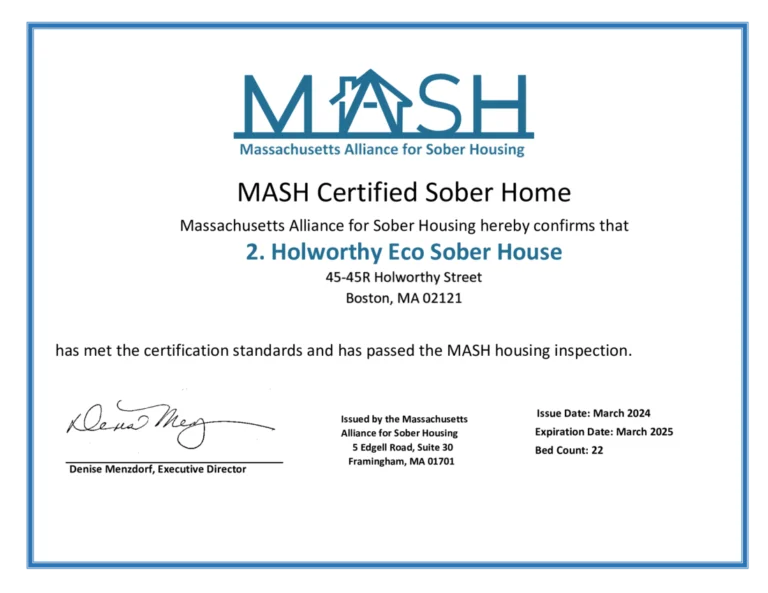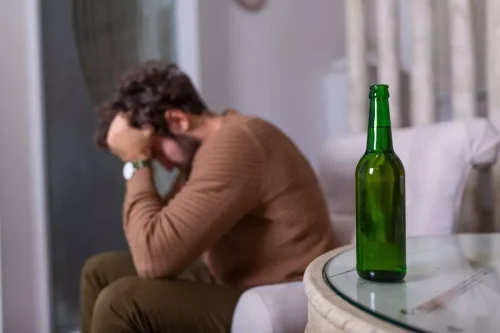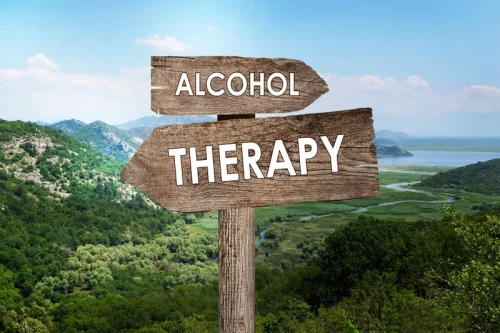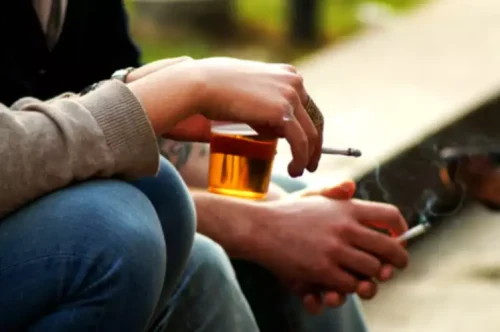Blog
Can’t Sleep without Alcohol? Drinking to Fall Asleep

These are great snacks for the morning after as well, when your blood sugar will be especially low. If sleep issues persist despite maintaining sobriety and practicing good sleep hygiene, it may be beneficial to seek professional help. Sleep specialists can provide targeted interventions and treatments to address any underlying sleep disorders or persistent sleep difficulties. For those considering quitting alcohol, the potential for improved sleep quality can be a powerful motivator.

These 4 Nutrients May Combat Your Dementia Risk—Are You Getting Enough?
- But it’s an exercise you must practice nightly, as its effects are subtle at first, and become stronger only with consistent repetition.
- If you are one of the nearly two thirds of Americans who drink alcohol, chances are, you’ve had a drink in the hours before bedtime.
- Likewise, long-term reliance on alcohol for sleep can contribute to an alcohol use disorder (AUD).
Likewise, long-term reliance on alcohol for sleep can contribute to an alcohol use disorder (AUD). Drinking a small amount of alcohol may help people fall asleep more quickly initially, but over time, https://ecosoberhouse.com/ individuals will need to consume more alcohol to achieve the same effect. Often times, it’s easy to grab a bottle of your favorite après beverage to blow off steam and relieve the day’s tensions.
How does alcohol affect sleep apnea?

To promote better sleep, limit your exposure to electronic devices, such as smartphones, tablets, and computers, in the hour leading up to bedtime. Create a relaxing routine instead, such as reading a book or taking a warm bath, to prepare your body for sleep. Despite how important sleep is to physical and mental well-being, you may find it challenging to get enough quality sleep each night. The sleep habits you follow each day – known as sleep hygiene – can have a positive effect on how well you sleep. Becoming relaxed prepares your body and mind to drift off to sleep. Several activities in particular can help promote sleep, including meditation, breathing exercises, and guided imagery.
Do Your Children Have Trouble Sleeping? It Could Be in Their Genes
- These fluctuations play a vital role in the sleep-wake cycle, and when they are weakened—or absent—a person may feel alert when they want to sleep and sleepy when they want to be awake.
- As such, it has been found that cooling down prior to bed helps you fall asleep more quickly7.
- This way you get decent rest and miss out on the hangover the next day.
- Experiment with different techniques to find what works best for you and incorporate them into your nightly routine.
- Your doctor can help identify the issue and work with you to develop a treatment plan.
- But alcohol isn’t a good sleep aid, and relying on something to get to sleep doesn’t feel great.
They can provide additional guidance and treat any underlying conditions. You do not want your bedroom temperature to be a distraction by feeling too hot or too cold. The ideal temperature can vary based on the individual, but most research supports sleeping in a cooler room that is around how to fall asleep without alcohol 65 to 68 degrees. Your daily habits and environment can significantly impact the quality of your sleep. Take the Sleep Quiz to help inform your sleep improvement journey. If you still have trouble falling asleep after making these changes, consider consulting a healthcare professional.
Drift off to the sound of a story.
We take a closer look at how to sleep better, with clear steps to improve your sleep habits. You may also be falsely attributing sleep improvements to alcohol, or factors a sleep disorder or poor sleep hygiene are keeping you awake. If you have an alcohol dependence problem, you could be going through withdrawal.
Alcohol’s Lasting Effects on Sleep

Stay away from Tylenol or other acetaminophen-based medicines as they can damage your liver when mixed with alcohol. This episode of The Verywell Mind Podcast, featuring neurologist and sleep expert Chris Winter, shares strategies for sleeping better at night. The goal of cognitive behavioral therapy for insomnia (CBT-I) is to change sleep habits as well as any misconceptions about sleep and insomnia that may perpetuate sleep difficulties. Consuming certain substances, such as alcohol, can disrupt sleep schedules. This is because alcohol works as a central nervous system depressant.
Explore Sleep Foundation
- Many people report a gradual increase in sleep duration and quality during this phase.
- Its relaxing properties make alcohol seem like a surefire way to sleep at night.
- This sleep cycle disruption is what causes the person to feel tired and “fuzzy” the next day and can lead to further sleep issues, such as insomnia or alcohol addiction over time.
- This basic truth of the human mind applies just as much to alcohol withdrawal insomnia as anything else in life.
- Exposure to artificial light before bedtime can suppress melatonin, a hormone that tells your brain and body systems it’s time to fall asleep.
Over time, sleep deprivation can increase the risk of several chronic health conditions. Studies have shown that short-term alcohol use can shorten the time it takes to fall asleep. During the second half of the night, sleep becomes more actively disrupted. The rebound effect may include more time in REM—a lighter sleep stage from which it is easy to be awakened. For people who snore or who have sleep apnea—a disorder that causes repeated pauses in breathing during sleep—drinking alcohol tends to aggravate symptoms.
How Does Alcohol Affect Sleep?
When seeking professional help, remember that everyone’s situation is unique. It’s essential to work closely with healthcare professionals who can provide personalized guidance and support tailored to your specific needs. By seeking professional help, you can embark on a journey towards healthier and more restful sleep without relying on alcohol. Sleep medications should be used judiciously and only for a short period of time.
Once you find out which herbs work best for you, they’ll become part of your anti-insomnia (and anti-anxiety) arsenal for years to come. Avoid midnight takeout or anything too greasy or fatty — this may cause problems like acid reflux, further disrupting sleep. Alcohol can dehydrate you and dehydration has been linked with short sleep duration. Sleep hygiene may not solve your sleep problems immediately or alone, but it is a key component of CBT-I that’s worth making a part of your daily routine.

